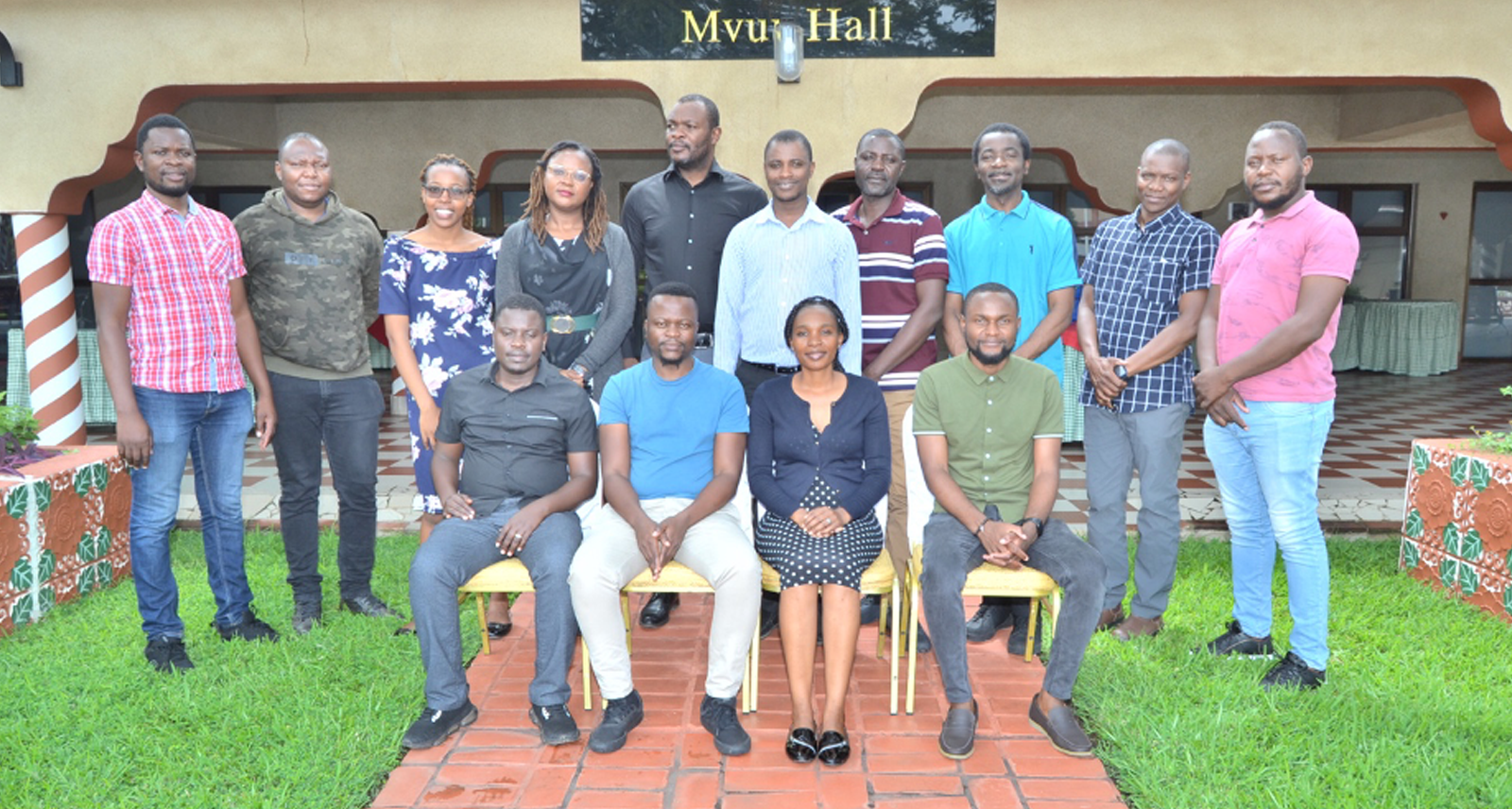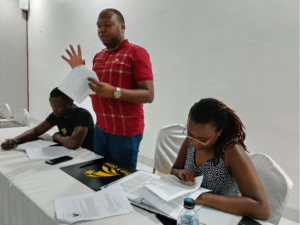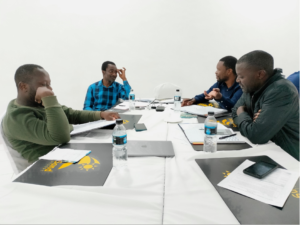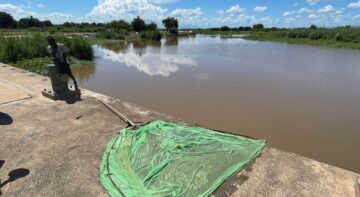Blogs

Effective communication plays a critical role in enabling the uptake or consideration of research in policy, investment, and programming decisions. Unfortunately, researchers often lack the knowledge and skills to effectively communicate and engage policymakers and other research users to enable the uptake of their research in decision-making.
To contribute to addressing this challenge, the African Institute for Development Policy (AFIDEP) partners with many research consortia across Africa to strengthen their research uptake strategies and efforts through capacity development and provision of technical support. One such research consortium is the Shire Valley Vector Control (Shire-Vec) research consortium that is investigating how the new irrigation scheme affects vector-borne diseases like malaria and schistosomiasis and their influence on smallholder farming practices and improved health outcomes in Malawi. The consortium comprises of the Liverpool School of Tropical Medicine (LSTM), Malawi Liverpool Wellcome Programme (MLW), Lilongwe University of Agriculture and Natural Resource (LUANAR), Kamuzu University of Health Sciences (KUHeS), and AFIDEP. The Shire Valley Transformation Programme (SVTP) is a new 40,000-hectare irrigation scheme that began construction in 2020 and is funded by the World Bank.
To ensure that Shire-Vec research informs policy decisions and ultimately improves health outcomes in Malawi, AFIDEP conducted a training workshop for Shire-Vec researchers. The training, conducted over three days, focused on enhancing communication skills and benefited 12 vector control researchers in Malawi. The workshop highlighted components such as policy foundation and formulation, evidence uptake and monitoring and evaluation. The training imparted essential skills in messaging. This entailed teaching researchers how to distil complex ideas into simple, compelling messages that resonate with different audiences, including policymakers, stakeholders, and the public.
The evaluation of the training workshop demonstrated a significant impact, with participants showing a marked improvement in their communication skills as assessed by pre-and post-test results. For instance, participants showed a 78% improvement (from 35% pre-test) in their ability to communicate research findings in policy briefs and other non-technical formats.
The participants received the training well, with several expressing gratitude for the opportunity to enhance their communication skills. For example, one participant noted that “the training was very useful in equipping us with skills to communicate our research findings to policymakers and other stakeholders.”
Another comment noted, “The policy development process is complex but important. It entails making proper consultations, creating and engaging policymakers with key information that provide recommendations and interventions for policy change.”
AFIDEP will provide post-training mentorship to the researchers to support their application of the knowledge and skills learned. We will support the researchers as they engage with policymakers and other stakeholders to disseminate their research findings and influence policy decisions. AFIDEP will also support and mentor the researchers as they develop different materials, such as policy briefs and blogs, to disseminate their findings.
To learn more about AFIDEP’s training resources and lessons learned from our training programs, we encourage you to read our 2019 Paper and 2022 Paper. The institute also provides capacity-building and evidence-informed decision-making (EIDM) training.


Related Posts





